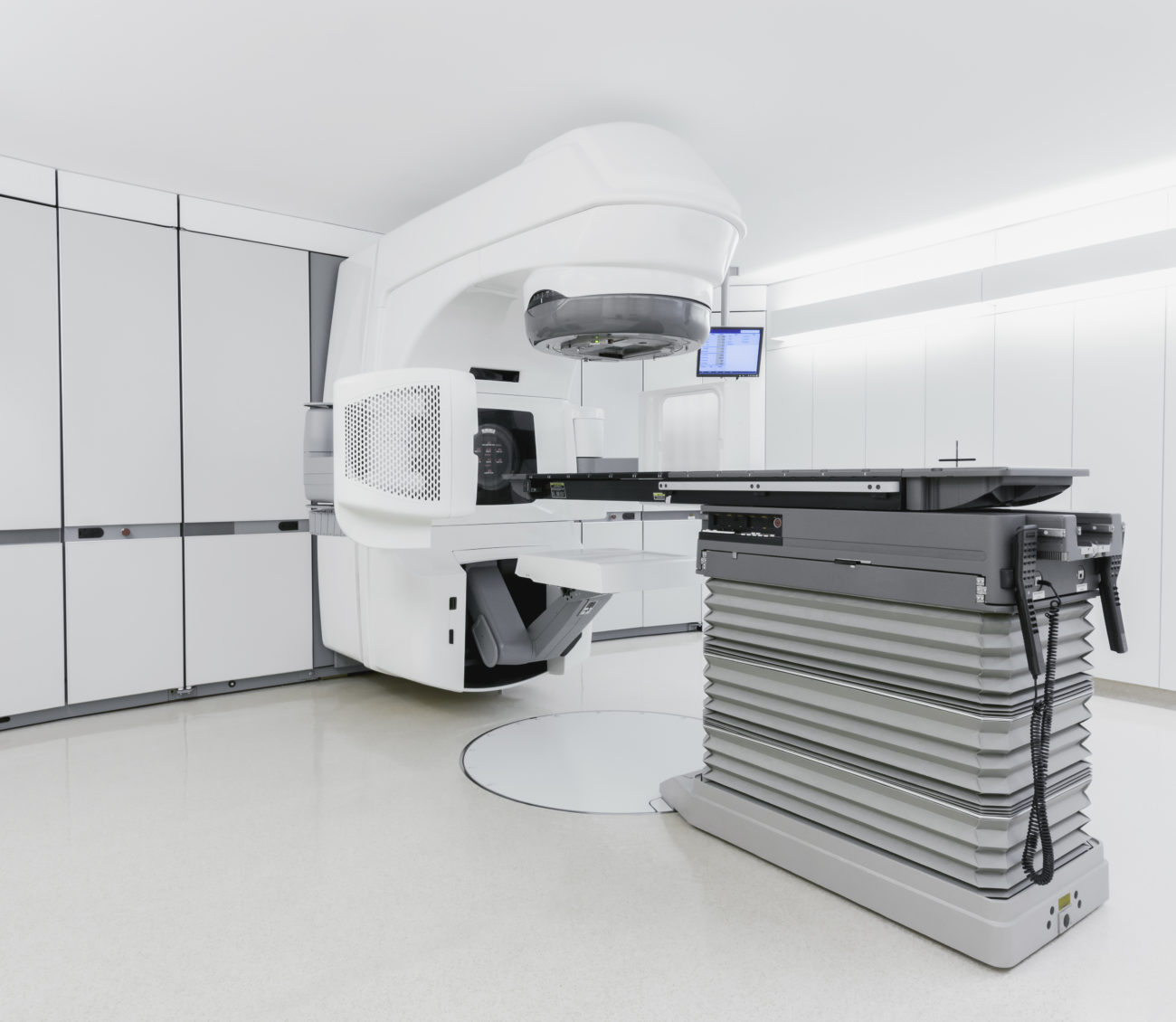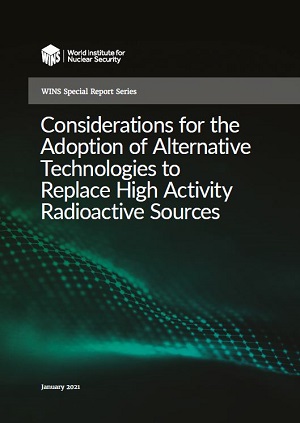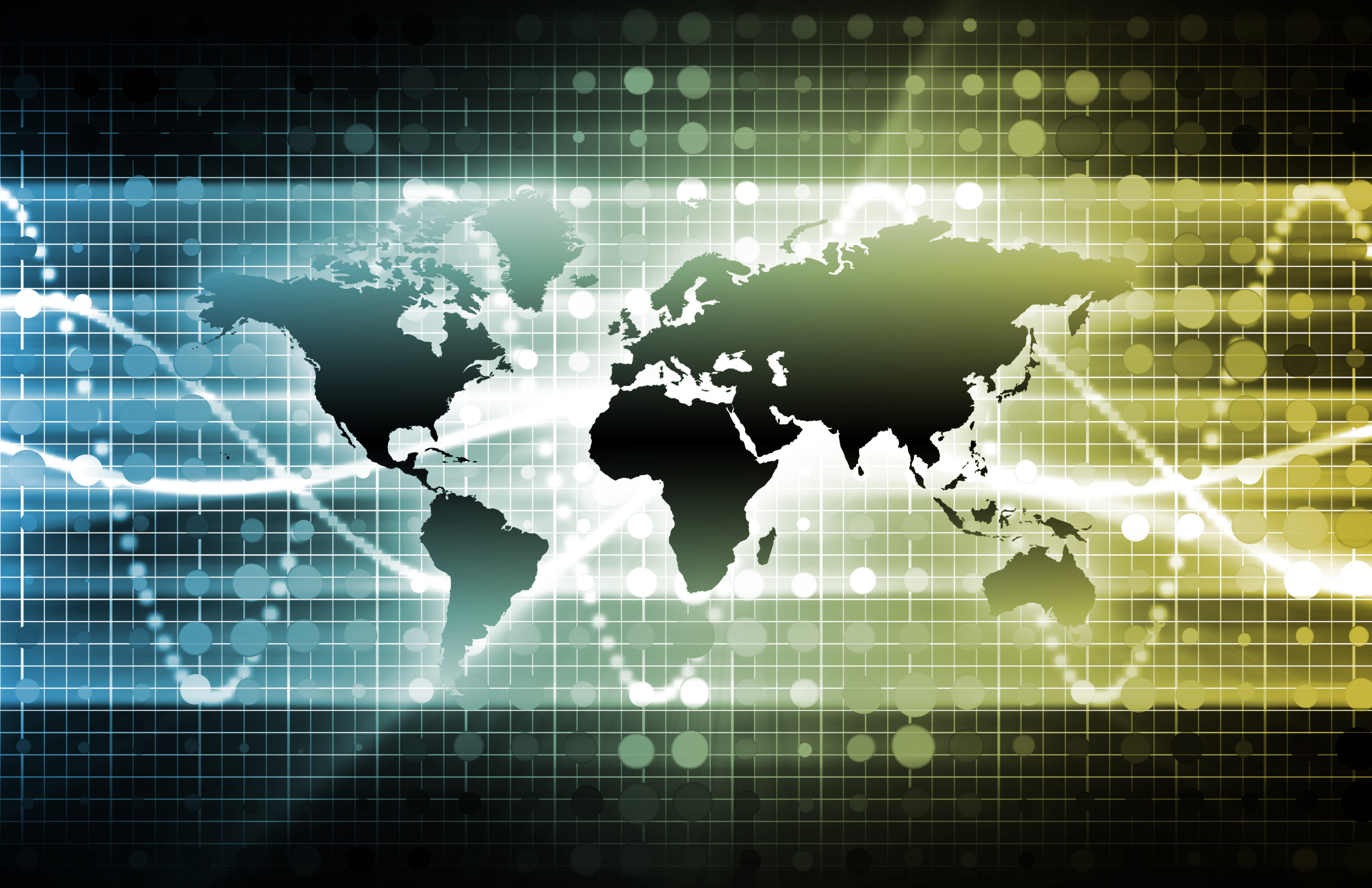Strengthening the Coordination of International Stakeholders
In October 2023, WINS and the US Department of Energy’s National Nuclear Security Administration Office for Radiological Security held an inaugural roundtable to explore areas of common interest for both security and radiotherapy-focused organisations and identify collaboration opportunities beneficial to both groups.
The report on the outcomes of the roundtable is available here.
Between 2020 and 2022, WINS organised a series of roundtables aimed at strengthening the coordination of international stakeholders involved in the adoption of alternative technologies to radioactive sources. These roundtables demonstrated the diversity of international stakeholders involved in the development, procurement, commissioning, and disposal of radiation-generating equipment, but participants noted that information regarding their activities is fragmented and not easily accessible.
Therefore, with the support of Pacific Northwest National Laboratories (PNNL) and the DOE Office of Radiological Security (ORS), WINS initiated a project to map out the international stakeholders involved in the manufacture, procurement, and development (outside of manufacturer development) of non-radioisotopic or alternative technologies; capacity-building initiatives; and end-of-life management of disused sources. For practical reasons, these efforts were focused on medical applications.
The final report from PNNL, International Stakeholders Involved in the Adoption of Alternative Technologies to Radioactive Sources within the Medical Sector, is available here.
WINS' final report, Strengthening the Coordination of International Organisations and Programmes involved in the Adoption of Alternative Technologies to Radioactive Sources, may be accessed here.
Back to Radioactive Source Security Collection




